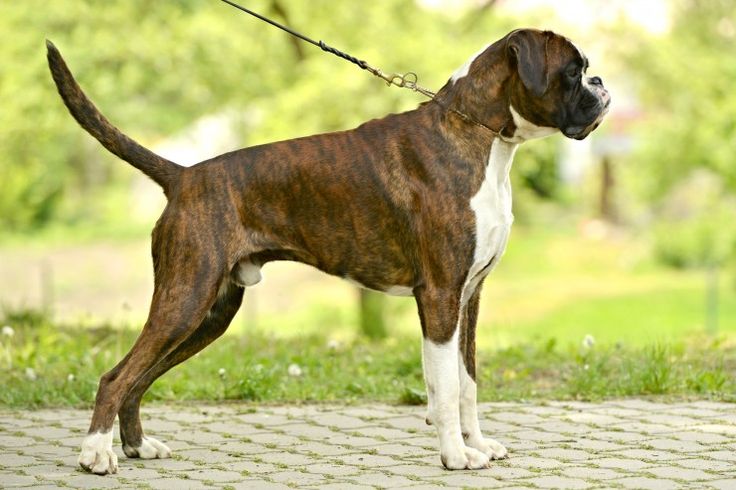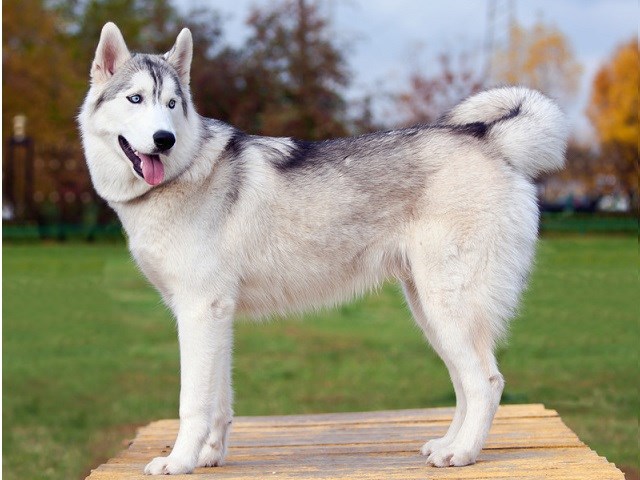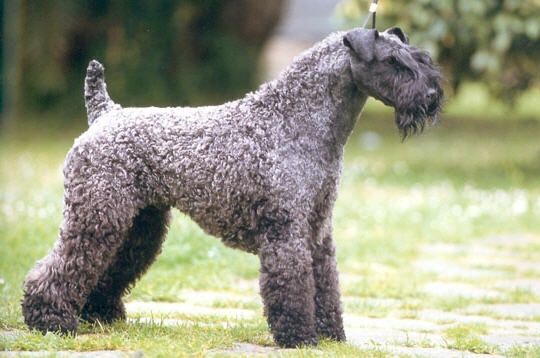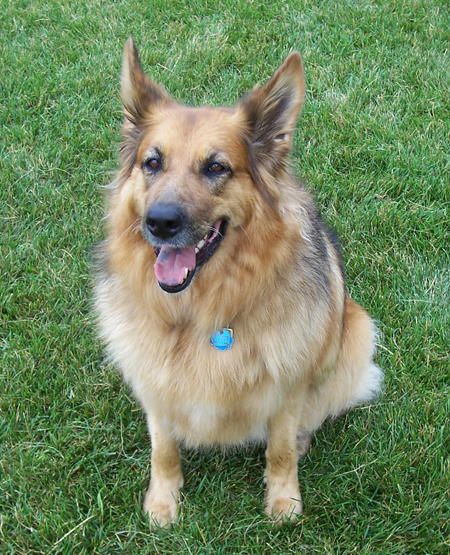Cocker Spaniels are Known for their friendly and affectionate nature. Whether you have children or are living alone, these intelligent and adaptable dogs will fit right in. In this article, we will explore the various reasons why Cocker Spaniels are the ultimate choice for families, highlighting their playful demeanor, loyalty, and easy trainability. Discover why Cocker Spaniels are renowned for their ability to bring joy and companionship to any household.
The History of Cocker Spaniels
Origins of the Cocker Spaniel
The Cocker Spaniel is a beloved dog breed that has a long and fascinating history. Its origins can be traced back to 14th century Spain, where it was developed as a hunting dog. The name “Cocker” is derived from its ability to hunt woodcock, a type of game bird. Spaniels were highly valued for their excellent scenting and retrieving abilities, making them popular among hunters.
Development of the Cocker Spaniel breed
Over the years, the Cocker Spaniel breed underwent several developments to refine its characteristics and abilities. In the 19th century, the breed was imported to England, where it gained popularity as both a hunting companion and a show dog. Breeders began to focus on different traits, leading to the emergence of two distinct types of Cocker Spaniels: the American Cocker Spaniel and the English Cocker Spaniel.
The American Cocker Spaniel was bred for its smaller size and luxurious coat, making it more suitable as a companion dog. Meanwhile, the English Cocker Spaniel retained its hunting abilities and was further refined for field work. Both types gained recognition as separate breeds, with their own breed standards and characteristics.
In the early 20th century, the Cocker Spaniel breed was officially recognized by kennel clubs and gained popularity as a family pet. It became well-known for its friendly and gentle nature, making it an ideal choice for families with children. The breed’s intelligence and trainability also made it a versatile working dog, excelling in various roles such as therapy dogs, search and rescue dogs, and even as sniffer dogs in law enforcement.
Today, Cocker Spaniels continue to be cherished family pets around the world. Their affectionate nature, loyalty, and adaptability make them a perfect addition to any household. Whether as a loving companion or a skilled working dog, the Cocker Spaniel remains a beloved and admired breed with a rich history.
Characteristics of Cocker Spaniels
Physical attributes
Cocker Spaniels are medium-sized dogs with a well-balanced and sturdy build. They have a distinctive head shape with a rounded skull and a well-defined stop. Their dark, expressive eyes give them an endearing and intelligent look. Cocker Spaniels have long, floppy ears that are covered in silky, feathered hair. Their coat is dense and can come in a variety of colors, including black, brown, red, and tan. With their wagging tails and overall cheerful appearance, Cocker Spaniels are undeniably one of the most attractive dog breeds.
Temperament and behavior
Cocker Spaniels are known for their friendly and gentle nature, making them excellent companions for families. They are affectionate dogs that thrive on human interaction and love to be part of the family activities. With their playful and inquisitive personalities, Cocker Spaniels are great with children and get along well with other pets. They are intelligent and eager to please, making them relatively easy to train. However, they can be sensitive, so positive reinforcement methods work best for their training. Cocker Spaniels are typically not aggressive but may bark to alert their owners of any potential danger.
Exercise and grooming needs
While Cocker Spaniels have moderate exercise requirements, they do need regular physical activity to stay healthy and happy. Daily walks, playtime in a securely fenced yard, and interactive games are essential to meet their exercise needs. Additionally, Cocker Spaniels enjoy activities like agility training and retrieving games, which provide mental stimulation and help them release their energy.
Grooming is a crucial aspect of caring for a Cocker Spaniel. Their long, luxurious coat requires regular brushing to prevent matting and keep it looking its best. Weekly brushing is usually sufficient, but more frequent brushing may be necessary during shedding seasons. Cocker Spaniels also require regular bathing to keep their coat clean and free from any skin issues. Trimming the hair around their ears, paws, and tail is necessary to maintain their overall appearance.
Cocker Spaniels possess various characteristics that make them an ideal choice for families. Their physical attributes, including their adorable appearance, contribute to their charm. Their friendly and gentle temperament, along with their love for human interaction, makes them excellent companions. While they require moderate exercise, they are relatively easy to groom with regular brushing and bathing. Overall, Cocker Spaniels make for wonderful family pets.
Training and Socialization
Basic obedience training
Training a Cocker Spaniel in basic obedience is essential for a harmonious relationship between the dog and the family. These intelligent and eager-to-please dogs are quick learners and enjoy the mental stimulation that training provides. Teaching commands such as sit, stay, come, and heel will not only make daily life easier but also ensure the safety of the dog and those around them. Positive reinforcement techniques, such as treats and praise, are highly effective in motivating Cocker Spaniels during training sessions.
Housebreaking and crate training
Housebreaking a Cocker Spaniel is an important aspect of their training. Consistency and patience are key in successfully teaching them to relieve themselves in designated areas. Establishing a routine for outdoor potty breaks and using positive reinforcement when they eliminate in the appropriate spot can accelerate the housebreaking process. Additionally, crate training can aid in housebreaking by providing a safe and comfortable space for the dog when they cannot be supervised. Cocker Spaniels are naturally clean dogs and tend to avoid soiling their living area, making crate training a valuable tool.
Importance of socialization
Socializing a Cocker Spaniel from an early age is crucial for their well-being and overall temperament. These sociable dogs thrive on human interaction and enjoy being around other animals. Introducing them to various environments, people, and animals will help prevent behavioral issues such as fearfulness, aggression, or excessive shyness. Taking them to puppy classes, organizing playdates with other well-behaved dogs, and exposing them to different sights and sounds will ensure they grow into confident and well-adjusted family pets. A properly socialized Cocker Spaniel will be more adaptable to new experiences and less prone to anxiety or destructive behavior.
Cocker Spaniels as Family Pets
Compatibility with Children
Cocker Spaniels are well-known for their friendly and affectionate nature, which makes them an ideal choice for families with children. These gentle and patient dogs are great companions for kids of all ages. They are known for their playful and lively nature, which allows them to bond well with children and become an integral part of the family.
Cocker Spaniels are highly adaptable and can easily adjust to the energy levels and needs of children. They are known to be patient with rough play and can tolerate children’s unintentional pulling or tugging. With proper training and socialization, Cocker Spaniels can develop a strong bond with children, becoming their loyal and loving playmates.
Interaction with Other Pets
Cocker Spaniels are generally friendly and sociable, making them excellent companions for other pets in the family. They have a natural inclination to get along with other animals, including dogs and cats. With early socialization and proper introduction, Cocker Spaniels can coexist peacefully with other pets, creating a harmonious environment within the family.
Their friendly and gentle nature allows Cocker Spaniels to form strong bonds with other animals. They enjoy playful interactions and can adapt to the different personalities and temperaments of other pets. However, it is important to monitor their interactions initially to ensure a smooth integration and prevent any potential conflicts.
Role in Family Activities
Cocker Spaniels are highly adaptable and versatile, making them active participants in various family activities. Whether it’s a game of fetch in the backyard, a family hike, or a day at the beach, Cocker Spaniels thrive on being involved in family adventures. Their boundless energy and enthusiasm make them excellent companions for outdoor activities and ensure that no family member is left behind.
In addition to physical activities, Cocker Spaniels also excel at being emotionally supportive members of the family. They are known to provide comfort and companionship during challenging times, making them an essential part of the family’s emotional well-being. Their loving and loyal nature ensures that they are always there for their human family members, ready to offer a paw to lean on.
Cocker Spaniels are the perfect family pets due to their compatibility with children, interaction with other pets, and their role in various family activities. Their friendly and gentle nature, adaptability, and loyalty make them an invaluable addition to any family seeking a loving and devoted companion.
Health and Care
Common health issues
Cocker Spaniels are generally healthy dogs, but like any breed, they can be prone to certain health issues. It is important for any potential Cocker Spaniel owner to be aware of these common health problems to ensure proper care and prevention.
- Ear Infections: Due to their long, floppy ears, Cocker Spaniels are more susceptible to ear infections. It is crucial to clean their ears regularly and keep them dry to prevent any bacterial or fungal growth.
- Eye Conditions: Cocker Spaniels are prone to various eye conditions such as cataracts, glaucoma, and progressive retinal atrophy. Routine eye check-ups with a veterinarian can help detect and manage these issues early on.
- Allergies: Many Cocker Spaniels suffer from allergies, which can be triggered by certain foods, environmental factors, or even certain grooming products. Identifying and avoiding potential allergens can help keep their allergies under control.
- Hip Dysplasia: This hereditary condition can affect Cocker Spaniels, causing pain and mobility issues. Regular exercise, a balanced diet, and avoiding excessive jumping or rough play can help minimize the risk of hip dysplasia.
Nutrition and diet
Proper nutrition is essential for the overall health and well-being of Cocker Spaniels. Providing them with a balanced diet will ensure they receive the necessary nutrients to thrive.
- High-Quality Dog Food: Choose a premium, high-quality dog food that is specifically formulated for Cocker Spaniels. Look for options that contain real meat as the primary ingredient and avoid artificial additives or fillers.
- Portion Control: Cocker Spaniels have a tendency to gain weight, so it is important to monitor their food intake and provide appropriate portion sizes. Overfeeding can lead to obesity and related health problems.
- Avoid Table Scraps: While it may be tempting to share your food with your Cocker Spaniel, it is best to avoid feeding them table scraps. Human food can be high in calories, unhealthy fats, and can cause digestive issues for dogs.
- Hydration: Always ensure your Cocker Spaniel has access to fresh, clean water. Proper hydration is vital for their overall health and helps maintain a healthy coat and skin.
Regular veterinary care
To keep your Cocker Spaniel in optimal health, regular veterinary care is essential. Here are some important aspects to consider:
- Vaccinations: Ensure your Cocker Spaniel receives all necessary vaccinations as recommended by your veterinarian. Vaccinations help prevent common diseases and keep your pet safe and healthy.
- Parasite Prevention: Regularly administer flea and tick prevention treatments to protect your Cocker Spaniel from these pesky parasites. Additionally, annual heartworm testing and preventative medication are crucial to keep them safe from heartworm disease.
- Dental Care: Just like humans, Cocker Spaniels require proper dental care. Regular teeth brushing, dental chews, and professional cleanings can prevent dental diseases and maintain good oral hygiene.
- Routine Check-ups: Schedule regular check-ups with your veterinarian to monitor your Cocker Spaniel’s overall health. These visits allow for early detection of any potential health issues and provide an opportunity to discuss any concerns or questions you may have.
By understanding and addressing the common health issues, providing a balanced diet, and ensuring regular veterinary care, you can help your Cocker Spaniel lead a happy and healthy life as the perfect family pet.
Cocker Spaniels truly make the perfect family pet. Their friendly and affectionate nature, coupled with their intelligence and adaptability, make them excellent companions for individuals and families alike. Whether it’s playing in the backyard, going for long walks, or simply snuggling on the couch, Cocker Spaniels are always eager to be a part of the family’s activities. With proper training and socialization, these loyal and loving dogs can bring joy and happiness to any household. Consider adding a Cocker Spaniel to your family today and experience the endless love and devotion they have to offer.







